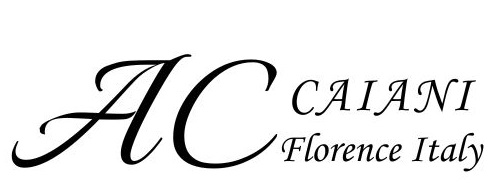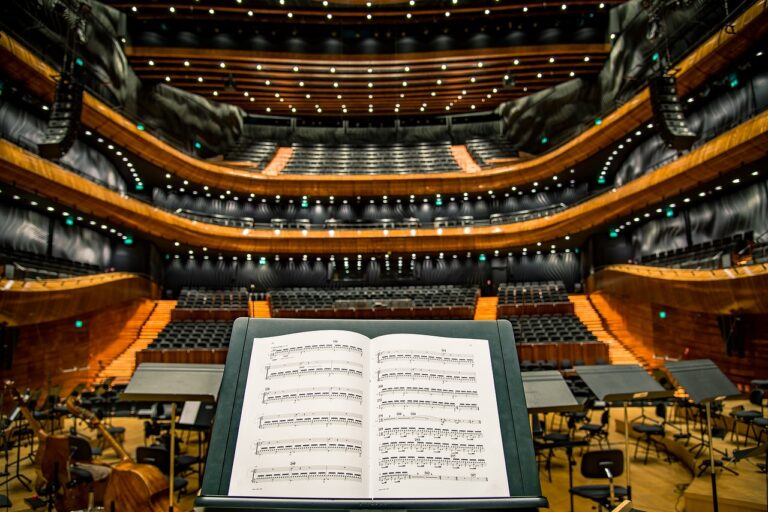L’Opera a Firenze: A Celebration of Music and Culture
Florence, the cradle of the Renaissance, is not only renowned for its art and architecture but also for its rich operatic tradition. The city has a deep connection to opera, with a history that dates back to the origins of the art form. Here’s an exploration of the vibrant world of opera in Florence:
Historical Significance
Birthplace of Opera: Florence is often credited as the birthplace of opera. The first known opera, “Dafne,” was composed by Jacopo Peri and performed in Florence in 1598. This marked the beginning of a new musical genre that would spread across Europe.
Medici Patronage: The powerful Medici family were great patrons of the arts, including opera. Their support helped to establish Florence as a center for musical innovation and performance.
Major Opera Venues
Teatro del Maggio Musicale Fiorentino: This is the main opera house in Florence and one of the most important cultural institutions in Italy. It hosts the annual Maggio Musicale Fiorentino festival, one of the oldest and most prestigious music festivals in Europe.
Highlights: The theater features a modern design with excellent acoustics and state-of-the-art facilities. It hosts a wide range of performances, including opera, ballet, and classical concerts.
Teatro della Pergola: One of the oldest and most beautiful theaters in Italy, Teatro della Pergola has been a cornerstone of Florentine cultural life since it opened in 1656.
Highlights: The theater’s historic charm and intimate atmosphere make it a perfect venue for opera. It regularly hosts performances by renowned artists and companies.
Teatro Verdi: Located in the heart of Florence, Teatro Verdi is another important venue for opera and classical music.
Highlights: The theater offers a diverse program of operatic performances, concerts, and theatrical productions.
The Maggio Musicale Fiorentino Festival
Overview: Founded in 1933, the Maggio Musicale Fiorentino is one of the oldest and most prestigious music festivals in Europe. It takes place annually from April to June.
Program: The festival features a rich program of opera, symphonic concerts, chamber music, and ballet. It attracts world-class performers, conductors, and directors, making it a highlight of the cultural calendar.
Venues: Performances are held at various venues across Florence, including the Teatro del Maggio Musicale Fiorentino, Teatro della Pergola, and historic sites such as the Palazzo Pitti and the Boboli Gardens.
Notable Opera Performances and Productions
Classic Repertoire: Florence’s opera houses regularly stage classic operas by composers such as Verdi, Puccini, Mozart, and Rossini. These performances often feature elaborate sets, period costumes, and top-tier vocal talent.
Contemporary Works: In addition to the classic repertoire, Florence’s opera scene also embraces contemporary works and innovative productions. This includes new operas, modern interpretations of traditional works, and experimental performances.
Special Events: Throughout the year, Florence hosts special operatic events, including open-air performances, gala concerts, and collaborations with international artists and companies.
Experiencing Opera in Florence
Tickets: Tickets for opera performances in Florence can be purchased online, at the box office, or through authorized ticket agencies. It’s advisable to book in advance, especially for popular performances and festivals.
Dress Code: While there is no strict dress code, attending the opera in Florence is often seen as a special occasion. Many attendees choose to dress elegantly, particularly for evening performances.
Pre-Performance Dining: Many opera-goers enjoy a pre-performance meal at one of Florence’s fine restaurants. The city offers a wide range of dining options, from traditional Tuscan cuisine to international fare.
Conclusion
Opera in Florence is a celebration of the city’s rich musical heritage and cultural vibrancy. From historic theaters and world-class festivals to innovative productions and timeless classics, Florence offers a captivating operatic experience for both seasoned aficionados and newcomers alike. Whether you’re attending a grand performance at the Teatro del Maggio Musicale Fiorentino or an intimate recital at Teatro della Pergola, the magic of opera in Florence is sure to leave a lasting impression.

